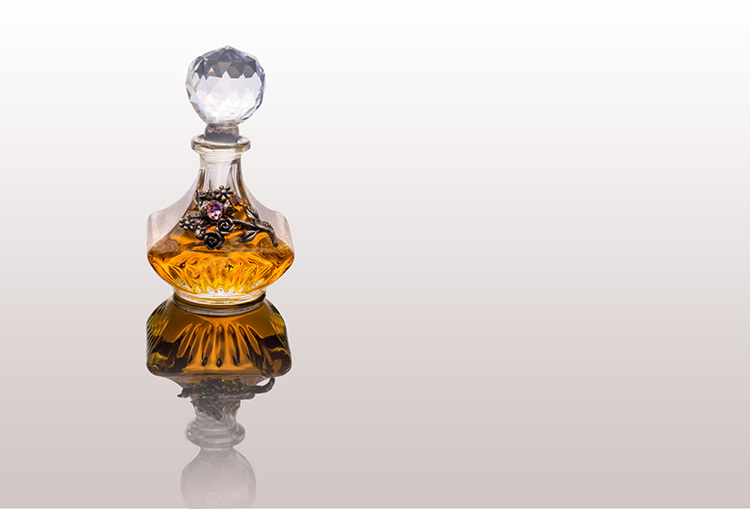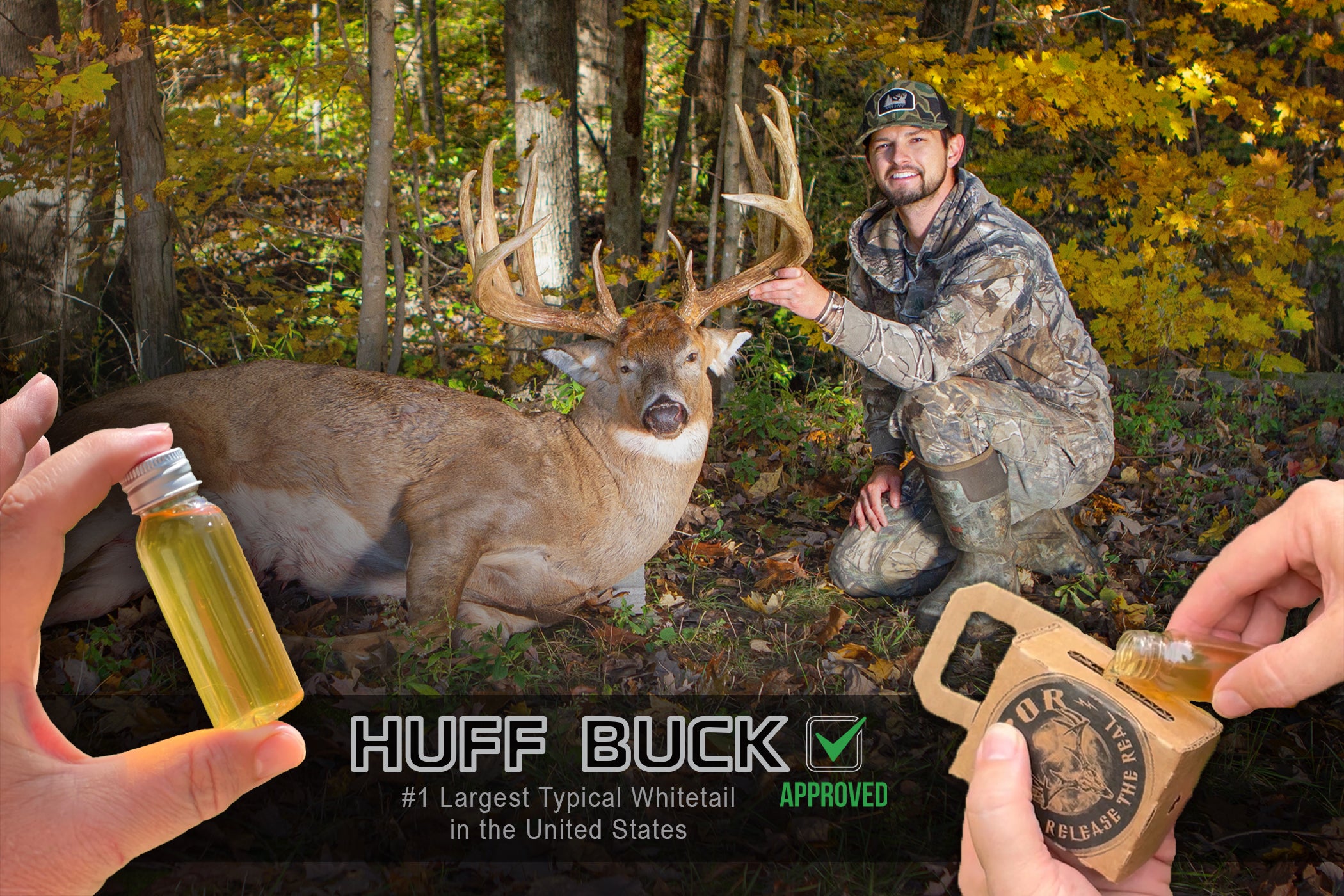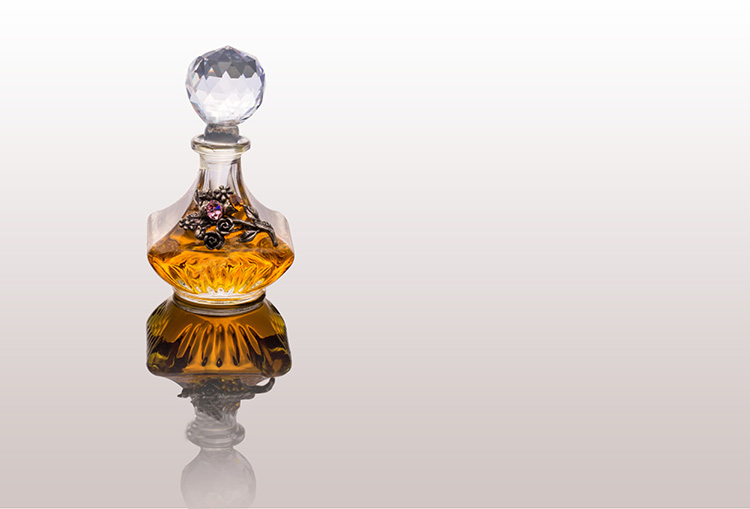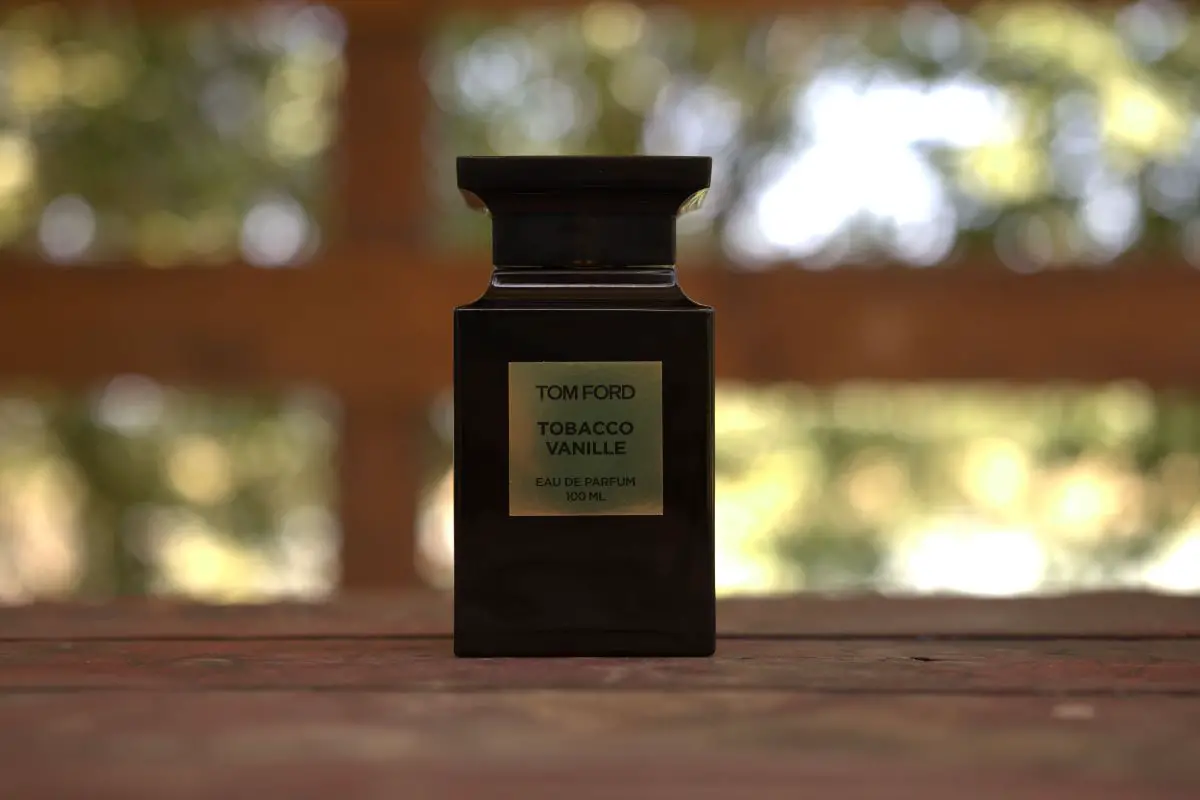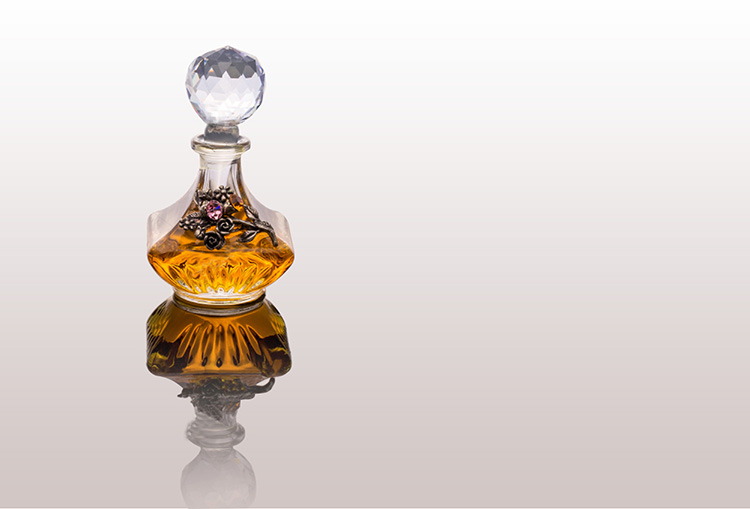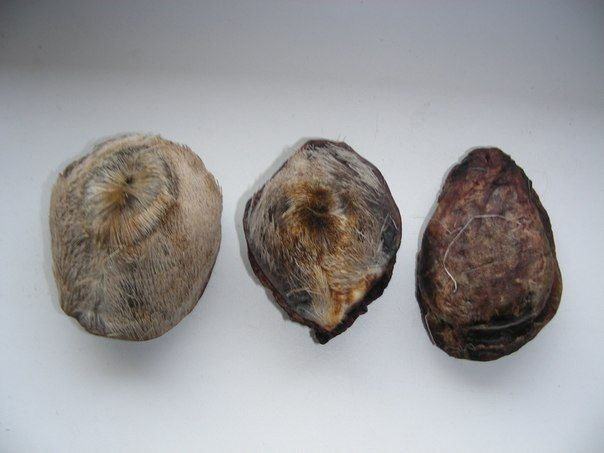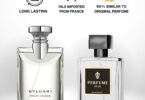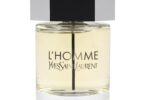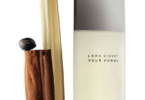Musk scent comes from the glandular secretions of the musk deer. These deer are native to Asia.
The musk scent is a highly prized fragrance known for its distinct and intoxicating aroma. It has been used for centuries in perfumes and other luxury goods. Musk deer possess a gland called the musk gland, located near their genital area, which produces a substance known as musk.
This glandular secretion is collected by either killing the deer or by extracting the scent through a process called musk farming. Musk has a complex composition and is composed of various compounds, giving it its unique smell. Due to ethical and environmental concerns, synthetic musk is now widely used as a substitute, replicating the scent of natural musk while reducing harm to the musk deer population.
Exploring The Origins Of Musk Fragrance
Exploring the origins of musk fragrance takes us on a journey through the ages. Musk scent, renowned for its historical significance, has captivated people for centuries. Originating from the musk deer, this fragrance has been highly valued for its unique and alluring aroma.
Musk has been used in various forms throughout history, including as a perfume ingredient, a medicinal remedy, and even as an aphrodisiac. From ancient civilizations such as Egypt, where musk was considered a symbol of luxury and used in religious rituals, to the Middle Ages and Renaissance, where it was highly sought-after by the elite, musk fragrance has solidified its place in human culture.
Not only was musk cherished for its powerful fragrance, but it also held symbolic and therapeutic significance. Its use in traditional medicine across different cultures has been well-documented. The musk scent was believed to possess healing properties and was used to treat various ailments, such as headaches and digestive issues. Its rich and musky aroma was also associated with sensuality and seduction, leading to its incorporation in perfumes and colognes.
In conclusion, the historical significance of musk fragrance cannot be understated. From its origins in ancient civilizations to its continued popularity in today’s perfumery, musk fragrance has left an indelible mark on human culture. Its captivating scent and versatile uses continue to enchant people across the globe.
Natural Musk Sources
When it comes to the enticing scent of musk, many people wonder where it originates from. Musk is a well-known fragrance that has been used for centuries in perfumes. Natural musk can be derived from animal glands, particularly from the musk deer.
These glands produce a substance known as musk, which is highly valued for its unique aroma. Musk derived from animal glands is regarded as one of the most popular sources of natural musk. The musk deer, found in Asia, is known for its musk secretion, making it a sought-after animal for musk production.
Synthetic Musk Production
The musk scent that we commonly encounter in perfumes and personal care products does not always come from natural sources. The rise of synthetic musk production has allowed for a more sustainable and cost-effective way to obtain this fragrant note.
Chemical compounds, such as nitro musk and polycyclic musk, are used in the creation of synthetic musk scents. These compounds mimic the aroma of natural musk and can be adjusted to achieve different variations of the scent. Synthetic musk production has gained popularity due to concerns about the ethical and environmental impact of harvesting musk from animals.
Traditional Methods Of Extraction
Traditional methods of extraction are used to obtain Musk scent from various sources. One such method is maceration, where the fragrance is extracted by soaking the source material in a solvent. This allows the scent molecules to be released and absorbed by the solvent.
Solvent extraction is another method, involving the use of a chemical solvent to extract the scent from the source material. This method is commonly used for obtaining essences from flowers and plants.
Steaming is also employed for extracting Musk scent. This process involves passing steam through the source material, causing the scent molecules to evaporate. The steam carrying the scent is then condensed to obtain the fragrance.
Enfleurage is a traditional method used for extracting scent from delicate flowers. It involves placing the flowers on a greased surface, such as animal fat or vegetable oil, which absorbs the scent over time.
These traditional methods of extraction have been utilized for centuries to obtain Musk scent, preserving the delicate aroma and ensuring its quality for use in various applications.
Modern Techniques In Musk Extraction
I will write a brief paragraph about the modern techniques used in musk extraction. One such technique is the supercritical fluid extraction method. It involves using supercritical fluids, such as carbon dioxide, to extract musk from raw materials. This method ensures a more efficient extraction process, as the supercritical fluid can penetrate the raw material and dissolve the musk compounds.
Another technique is molecular distillation, which utilizes the differences in boiling points of the musk compounds to separate them from other substances. It is a gentle and efficient method that preserves the quality of the musk. Lastly, solvent-free methods are also being explored to extract musk without the use of harsh solvents. These methods focus on utilizing alternative extraction agents, such as water or natural oils, to obtain musk with minimal environmental impact.
Molecular Composition Of Musk
The molecular composition of musk plays a key role in the unique and captivating scent it offers. Musk fragrance is composed of various components, each contributing to its distinct olfactory profile. These components include synthetic musks, such as musk xylene and musk ketone, as well as natural musk compounds obtained from animals.
Exploring the role of specific molecules in musk scent reveals that they possess a range of characteristics, from earthy and animalistic to floral and powdery. These molecules interact with our olfactory receptors, triggering a sensory response that evokes feelings of sensuality and allure. With their captivating aroma, musk fragrances have found their place in perfumery and personal care products, creating a lingering allure wherever they are used.
Human Perception Of Musk Scent
Musk scent is a fascinating olfactory experience that captivates human senses. Our noses play a crucial role in detecting musk fragrances and interpreting them. The molecules present in musk create a distinct aroma that can vary in intensity and character. When we inhale, specialized cells in our nasal cavity called olfactory receptor cells capture these molecules, triggering the perception of musk scent in our brain.
The psychology behind musk fragrance is intriguing; it can evoke feelings of sensuality, warmth, and even nostalgia. Its unique and long-lasting properties make it a popular choice in perfumery and personal care products. Understanding how our noses detect musk and appreciating the psychological impact it has on us allows us to embrace and enjoy this extraordinary scent more profoundly.
Musk Fragrances In Perfumes
Musk fragrances are a popular choice in perfumes due to their distinctive scent. Derived from the musk deer, this ingredient has a unique ability to blend seamlessly with other notes, creating iconic fragrances. Many renowned perfumes feature musk as a key element, such as Chanel No. 5, Guerlain Shalimar, and Yves Saint Laurent Opium.
The blending of musk with other notes is a delicate process that requires skill and expertise. Perfumers carefully select complementary ingredients to create a harmonious composition. Musk can add depth and sensuality to floral, woody, and oriental scents, enhancing their longevity and complexity. The resulting perfumes are sought after by fragrance enthusiasts worldwide.
Whether used as a base note, a middle note, or as the main focus of a fragrance, musk adds an alluring touch to perfumes. Its everlasting appeal continues to captivate both men and women, making it a timeless ingredient in the world of perfumery.
Musk Scent In Cosmetics
Musk scent is a popular ingredient in the cosmetic industry, adding a unique and captivating aroma to skincare and beauty products. Derived from the musk gland of various animals, including musk deer, muskrats, and beavers, musk has been used for centuries in perfumes, colognes, and other personal care items.
In cosmetics, musk offers several benefits. Its distinctive scent can create a sense of luxury, uplifting the mood and enhancing the overall sensory experience. Musk is also known for its long-lasting fragrance, making it an ideal choice for perfumes and body products that aim to provide all-day freshness.
Additionally, musk has been linked to potential aphrodisiac properties, imparting a sensual and enticing note to perfumes and skincare formulations. Its enticing aroma can promote feelings of attraction and enhance the perception of attractiveness.
However, due to ethical concerns and the protection of endangered species, natural musk is often replaced with synthetic alternatives in modern cosmetics. These synthetic musks provide a cruelty-free and sustainable option without compromising the fragrance’s quality or effectiveness.
Musk In Home Fragrances
Musk, one of the most captivating scents in the world of home fragrances, creates a warm and inviting atmosphere like no other. Musk candles and diffusers are the perfect choices to infuse your living space with a sense of tranquillity and elegance. Musk, derived from the musk deer, exudes a unique and alluring aroma that has been cherished for centuries. Its earthy and sensual notes blend seamlessly with a variety of other fragrances, adding depth and complexity to any room.
Musk candles and diffusers produce a lingering scent that can evoke relaxation and calmness, making them an ideal choice for creating a cozy ambience in your home. Whether you want to unwind after a long day or simply enjoy the soothing scent of musk, incorporating these fragrances into your home will transform it into an inviting sanctuary that envelops you in a comforting embrace.
The Environmental Impact Of Musk Production
The environmental impact of musk production raises concerns surrounding natural musk extraction. Musk, a popular fragrance ingredient, is traditionally obtained from the glandular secretions of musk deer. However, this process poses several challenges including the endangerment of musk deer species, their cruel exploitation, and the disruption of ecosystems. The unsustainable practices of musk production have prompted the search for sustainable alternatives.
Sustainable alternatives to musk fragrance include synthetic musk, which is created in a laboratory without involving animals. This artificial musk provides a cruelty-free and environmentally friendly alternative to natural musk. Furthermore, there are plant-based alternatives such as ambrette seeds, which have a similar scent to musk and can be sustainably harvested.
By opting for synthetic or plant-based musk fragrances, consumers can enjoy the alluring scent without contributing to environmental harm or animal exploitation. The shift towards sustainable alternatives in musk production is crucial for preserving biodiversity and supporting a more ethical and eco-friendly perfume industry.
Ethical Considerations In Musk Scent
There are ethical considerations when it comes to musk scent production. One of these considerations is animal welfare, as traditional musk production involves extracting musk from the glands of animals such as musk deer, civet cats, and beavers. This process often involves inhumane methods and can harm these animals.
However, there are cruelty-free and vegan options available in the market. Synthetic musk, for example, is a lab-created alternative that mimics the scent of natural musk without the need for animal extraction. This option is both ethical and sustainable, as it eliminates the harm caused to animals.
In addition, there are also plant-based alternatives to musk scent, such as ambrette seeds, angelica root, and tonka bean. These options provide a sustainable and cruelty-free choice for consumers who are concerned about animal welfare.
Overall, it is important to consider the ethical implications of musk scent production and opt for alternatives that align with our values of animal welfare and sustainability.

Credit: aequill.com
Frequently Asked Questions
What Is Musk Fragrance Made Of?
Musk fragrance is made from natural substances secreted by musk deer present in their scent glands.
What Is The Smell Of Musk?
Musk has a distinct scent that is earthy, warm, and subtly sweet, commonly used in perfumes and colognes.
What Oils Make A Musk Scent?
Musk scents are created using oils like musk oil or synthetic musk compounds.
Do Any Perfumes Use Real Musk?
Yes, some perfumes use real musk, although it is less common today due to ethical concerns.
Conclusion
The musk scent has a rich and fascinating history rooted in various natural sources. From the glands of the musk deer to the secretions of the civet cat and the refined methods of modern perfumery, musk scents have captivated our senses for centuries.
The complex notes and unique allure of this fragrance make it a sought-after ingredient in the perfume industry. With its ability to evoke deep emotions and create a luxurious experience, musk continues to be a favourite among perfumers and fragrance enthusiasts alike.
As we appreciate the beauty and complexity of the musk scent, it is important to consider the ethical and sustainable sourcing of musk ingredients to ensure the longevity and preservation of these majestic creatures. By supporting sustainable practices and alternatives, we can continue to enjoy the allure of musk while respecting the delicate balance of our natural world.

